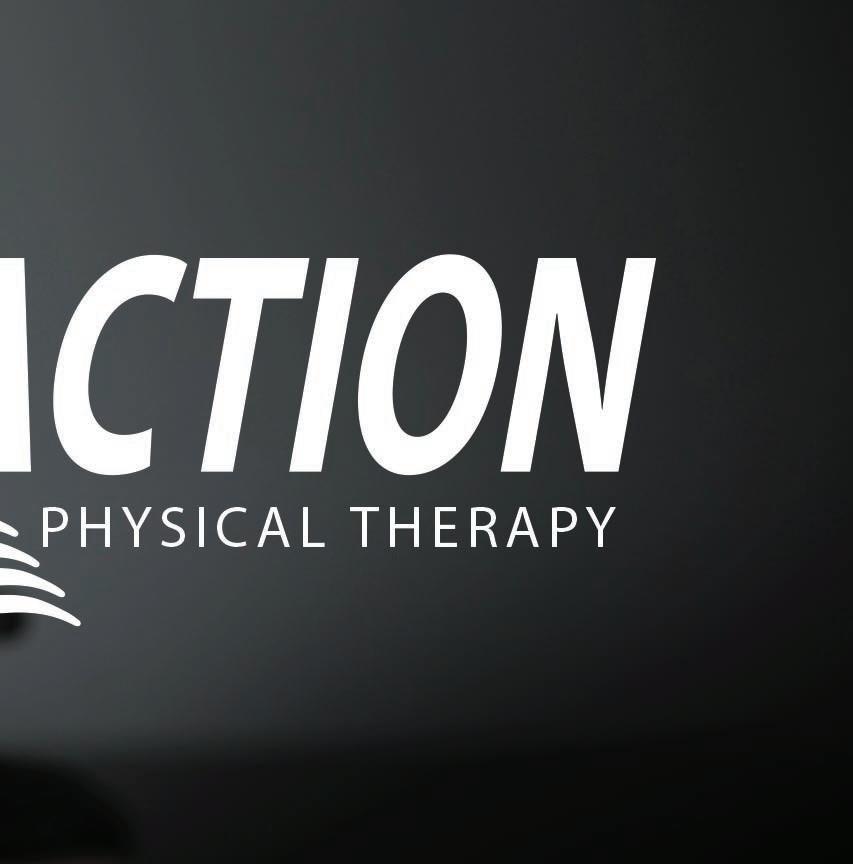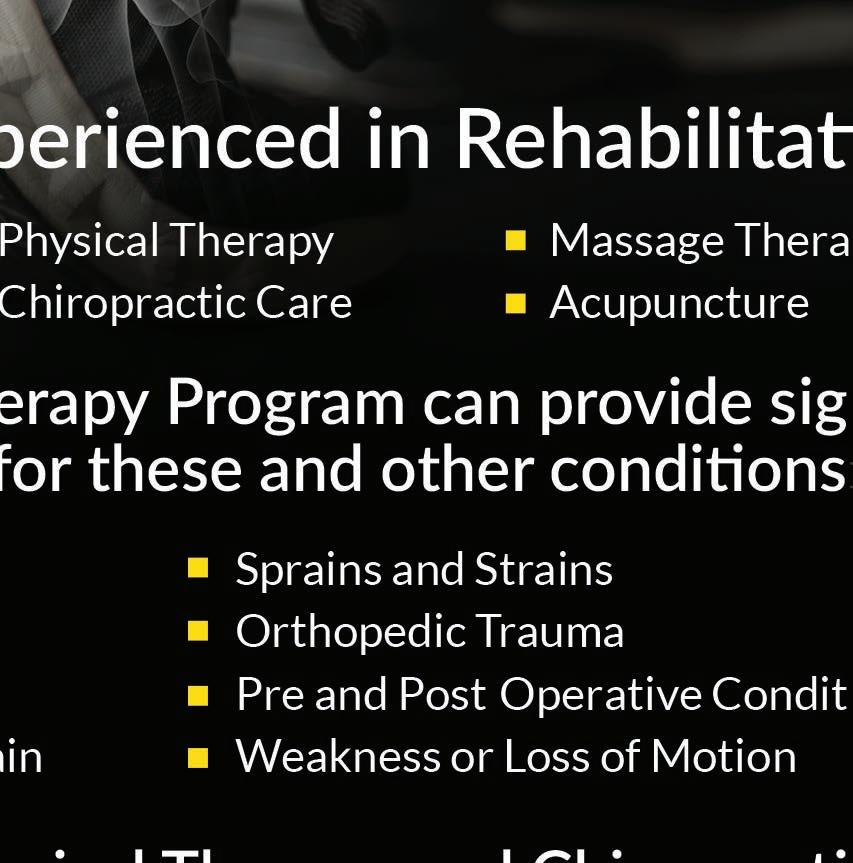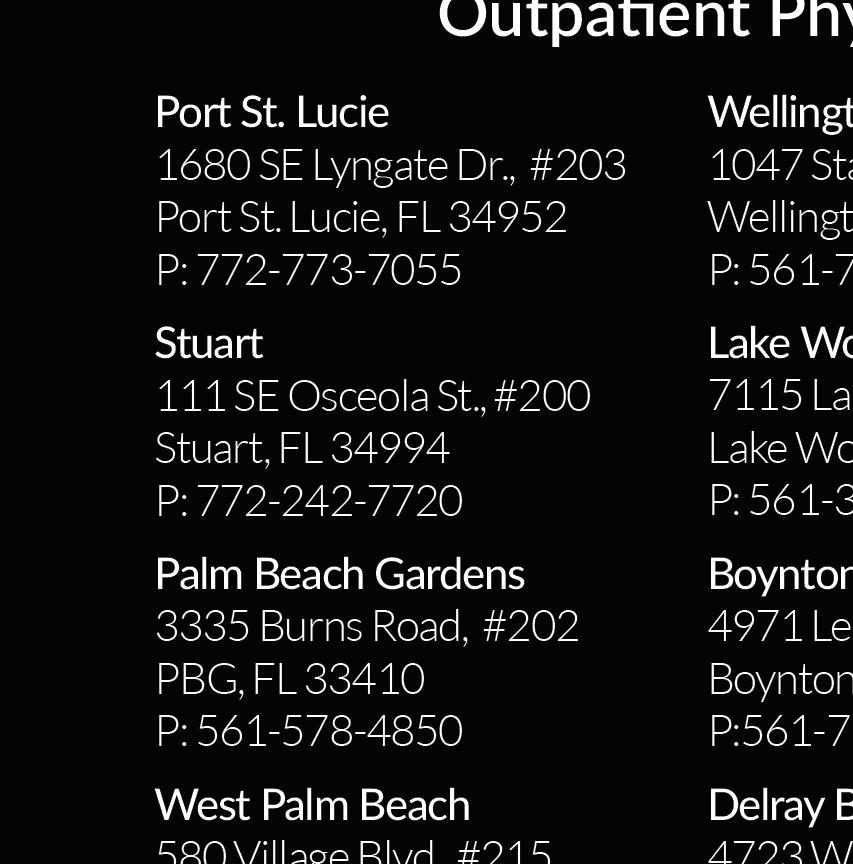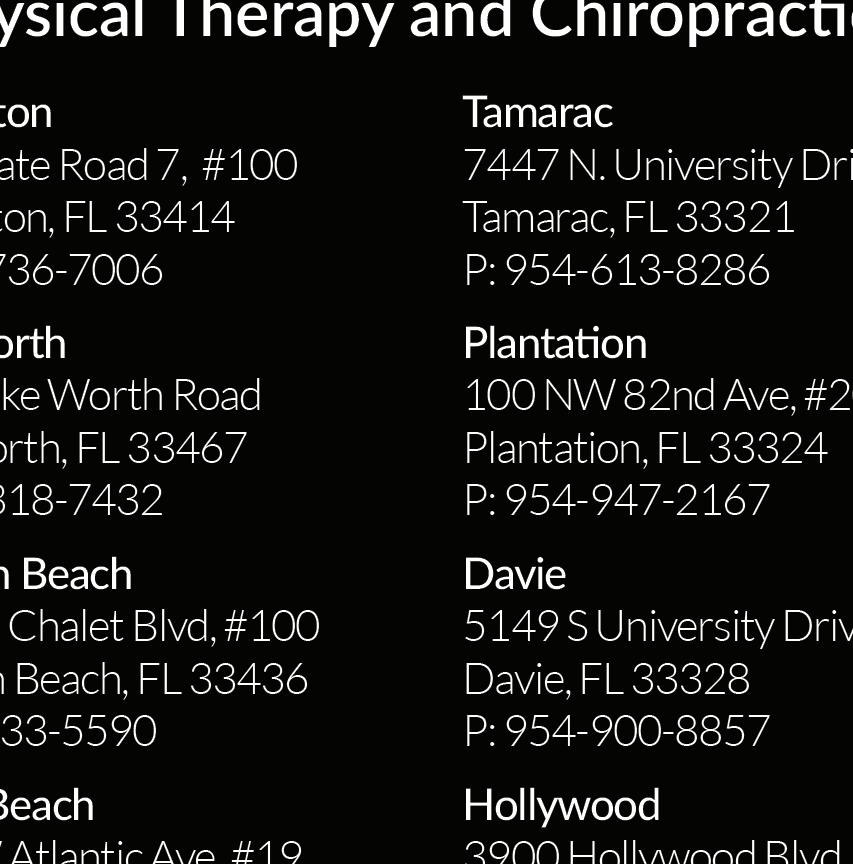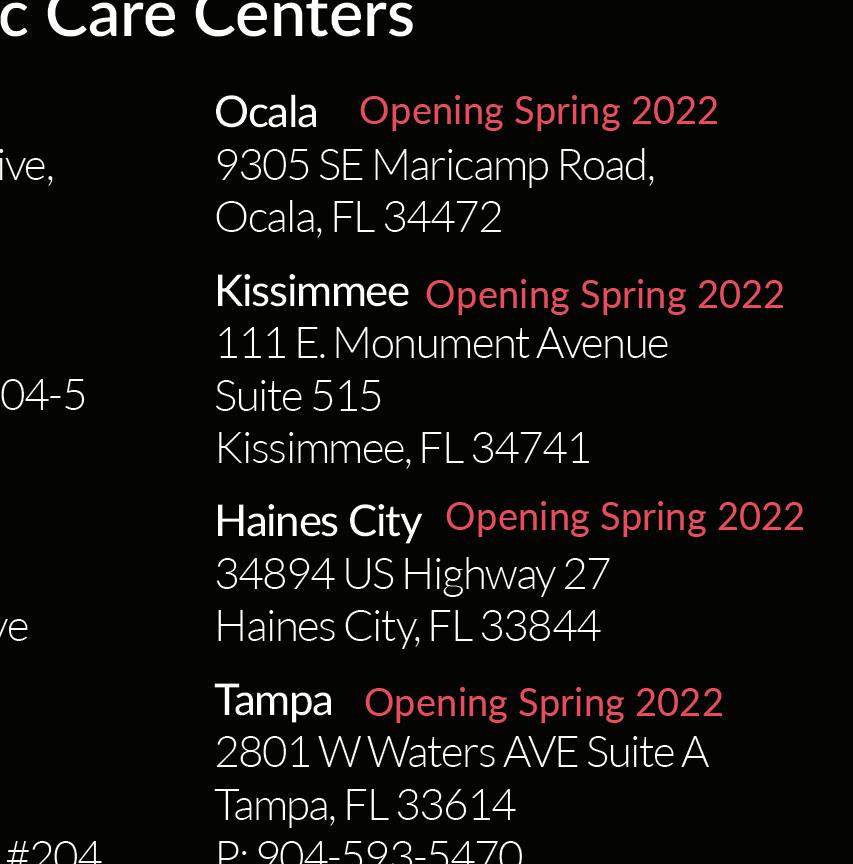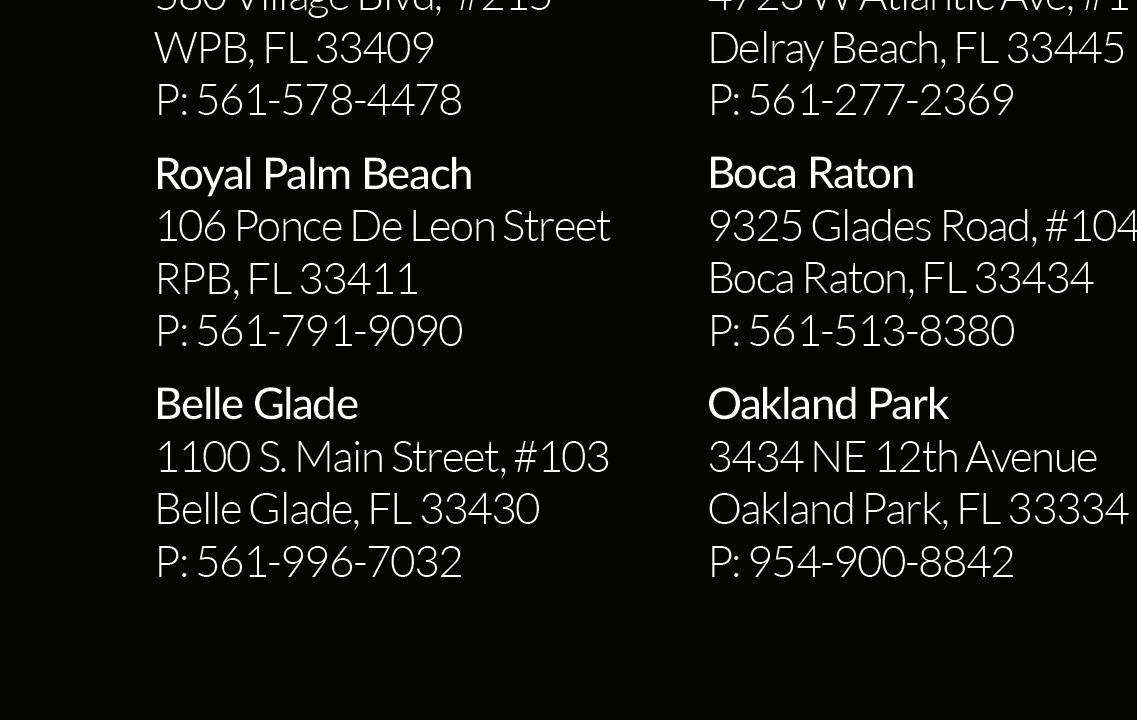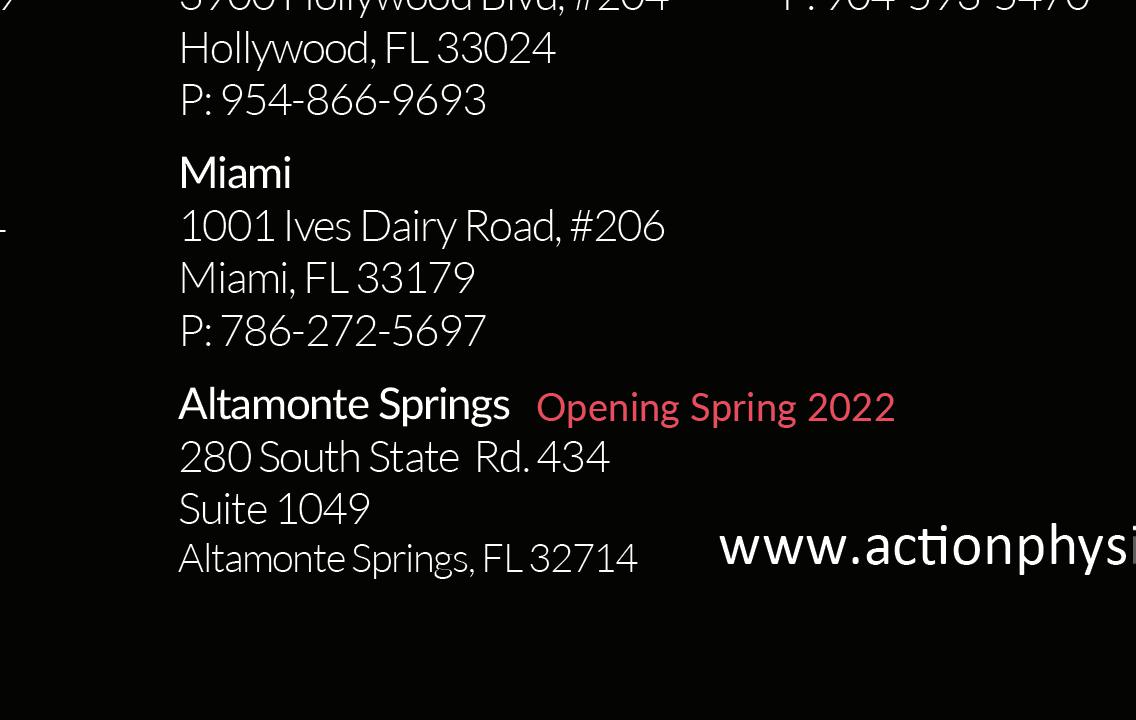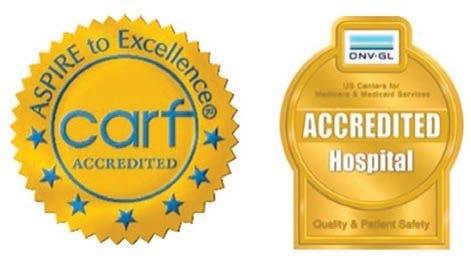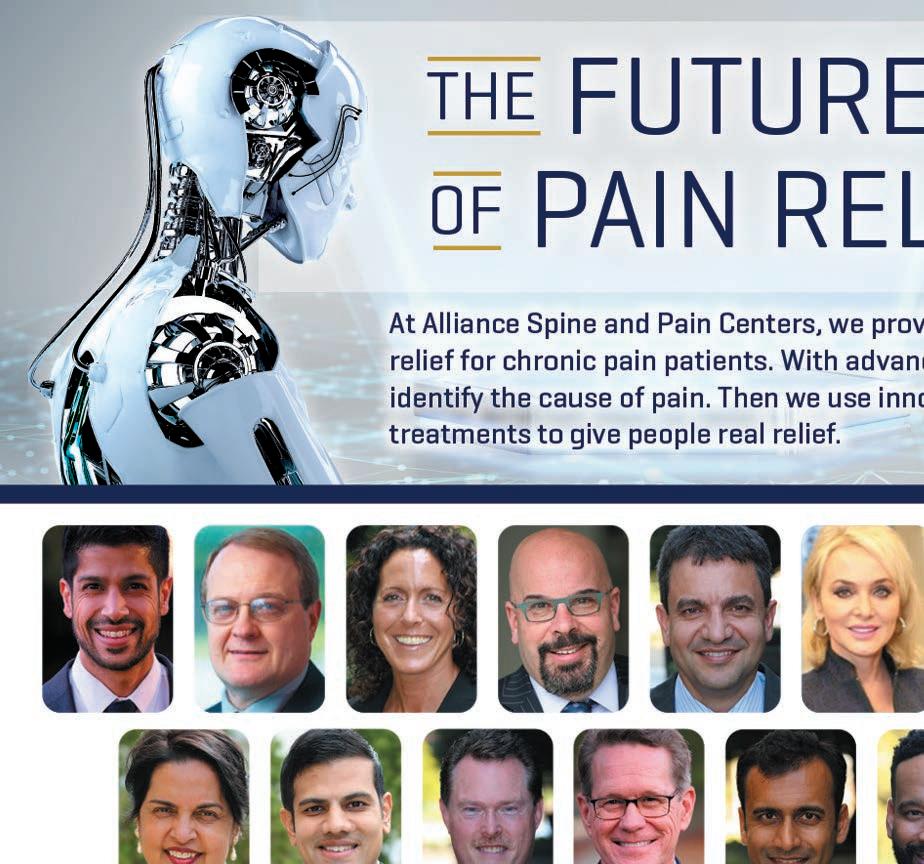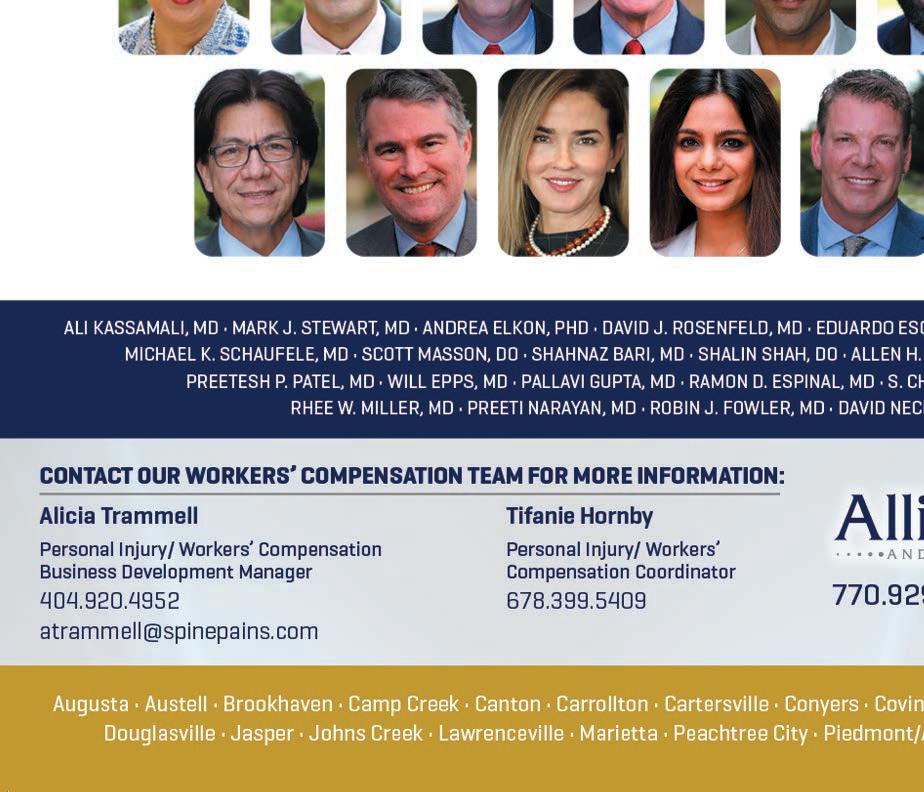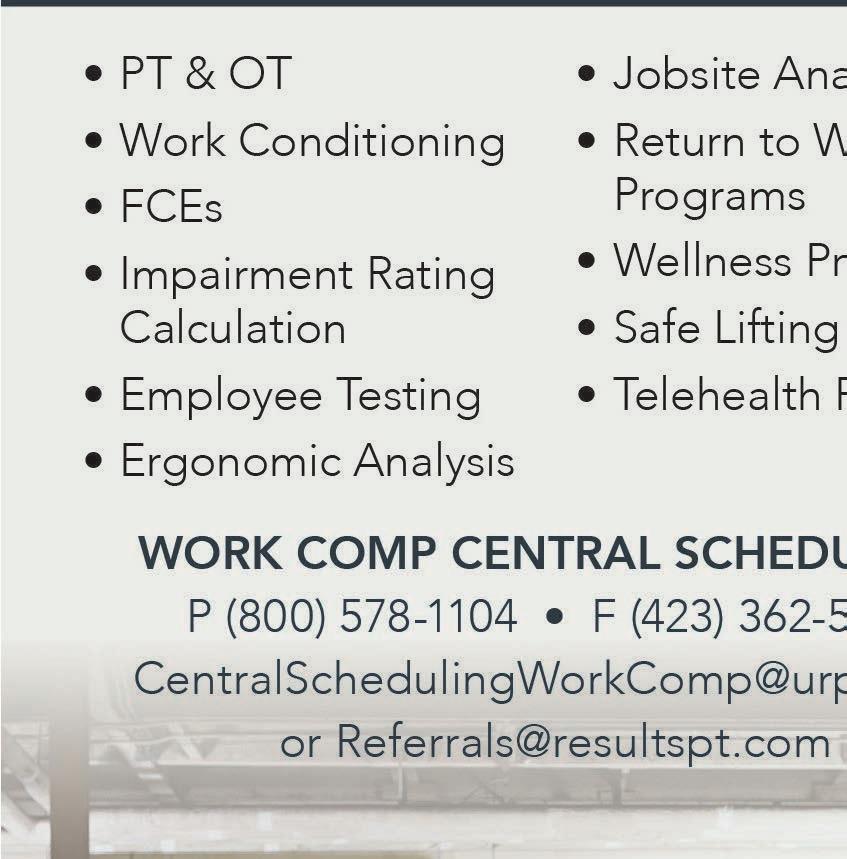
2 minute read
Florida Legislative Update
David Langham, Deputy Chief Judge
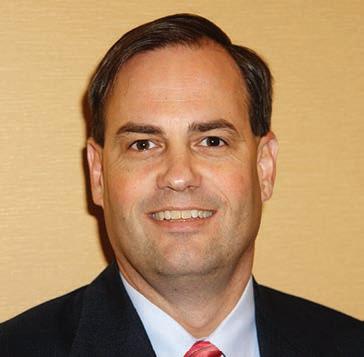
Workers’ Compensation in Florida may see legislative changes this year. There are multiple bills filed that could address Chapter 440 (the Workers’ Compensation statute). Notably, many bills are filed, fewer are passed, and even less become law. The process is, at times, arduous and ponderous. However, it behooves us to understand the potential.
House Bill (HB) 959 would amend Section 120.541, which has an ancillary impact on Workers’ Compensation. This law imposes safeguards on the implementation of administrative rules. Any rules that have a significant economic impact must be ratified by the legislature. Among the many rules in Florida is the provider “schedules of maximum reimbursement” mandated in section 440.13. The 120.541 ratification requirement has slowed adjustments to physician reimbursements in recent years. HB959 would exempt those schedules from the 120.541 requirements. While there is a “similar” bill in the Senate, there is not as yet a “companion bill” that is identical to HB959.
Senate Bill (SB) 1874 is a much broader proposal (78 pages). It includes adjustments to fifteen chapters of the Florida Statutes. Several of the proposals are in Chapter 440. This includes changes to the definition of “Employer,” constraints on the election of exemption from coverage, clarification of the use of such an exemption, changes in the penalty process regarding coverage, educational requirements (“tutorials”), reimbursement manuals adjustment (as in HB 959), an email alternative for the Workers’ Compensation informational notice and changes in the statutes regarding adjusters.
Just as there are broad and lengthy proposals, bills can be very brief. Senate Bill (SB) 1066 is one page in length. It has an “identical” bill in the House, HB 689. This would not amend Chapter 440, but Section 112.1815, commonly referred to as the PTSD statute, which created compensability for mental injuries without a physical trauma. The law was new in 2018 and affords compensability when a “first responder” suffers PTSD from any of the statute’s eleven “qualifying events.”
The law includes a “statute of repose” for PTSD. Repose refers to a period that can begin to run before any injury accrues. Lawyers often confuse repose with statutes of limitations (SOL). The distinction is that SOL does not begin to run until the time to file such a claim begins. The Florida Court in Palm Beach Fire and Rescue v. Wilkes, 309 So. 3d 687 (Fla. 1st DCA 2020) interpreted section 112.1815 and concluded it has such a repose. A claim under 112.1815 “must be properly noticed within 52 weeks of the qualifying event,” that is the exposure that causes the medical condition.
Senate Bill 1066 would alter the limitation and allow such claims to be filed within 52 weeks of a diagnosis of PTSD. Thus, compensation for such an “occupational disease” might be timely claimed years or decades after a “qualifying event.” That will likely be discussed and debated as this bill travels. Similarly, the occupational disease statute, 440.151, has been interpreted to allow the filing of such a claim within two years of the “injury,” which is when a worker is first “disabled.” Thus, in those claims, a significant period may similarly pass between exposure and the “event” that precipitates notice and a claim.
The future is uncertain. Whether substantive steps are taken in the 2022 legislative session or not, these proposals are worthy of study. Whether the community returns post-COVID to the old “normal” or a “new normal” remains to be seen. But, this dynamic and collegial community has proven it is up to any challenge. So, there are perhaps considerations on both sides of the discussion regarding the application or amendment of this statute of repose.
The legislative season is likely to be interesting and engaging. There will be much to consider and time will tell whether any amendments ultimately impact the world of Florida Workers’ Compensation.
David W. Langham, has been the Florida Deputy Chief Judge of Compensation Claims since 2006. His legal experience includes workers’ compensation, employment litigation, and medical malpractice. He has delivered hundreds of professional lectures, published over forty articles in professional publications, and has published over 950 blog posts regarding the law, technology, and professionalism. David is a student, a teacher, a critic, a coach, and a leader. He lives in Pensacola, Florida, with his wife, Pamela Langham, Esq.

